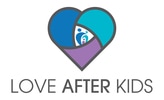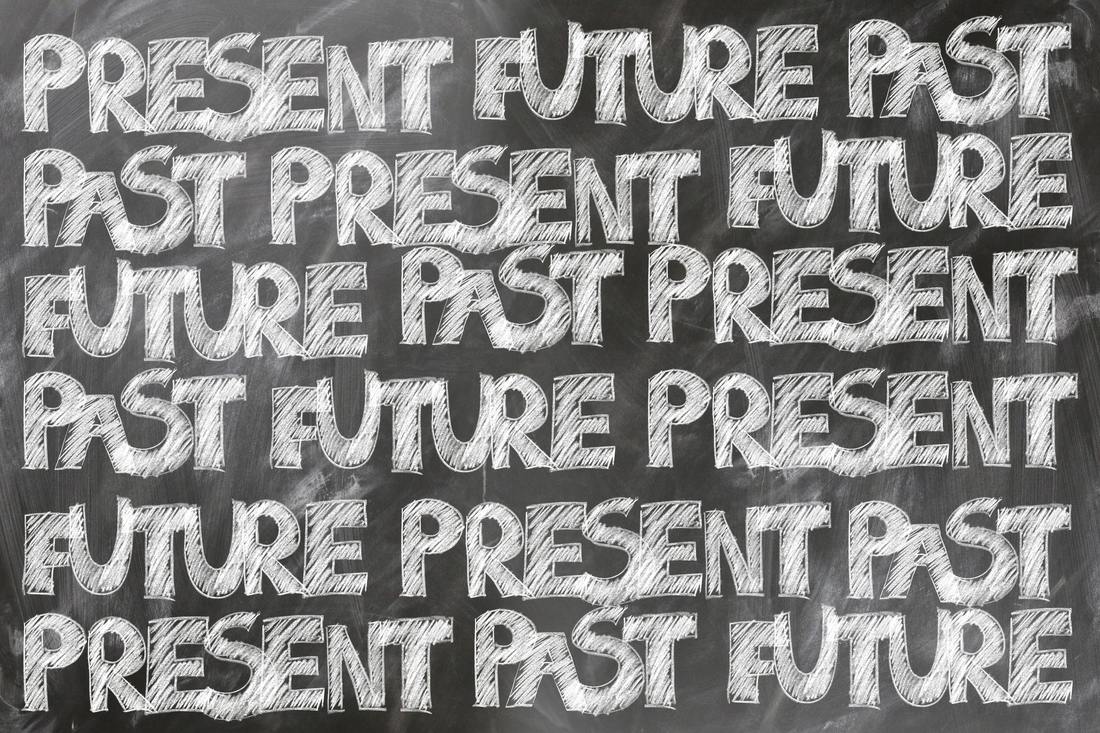Then there are the reactions to failing the exam. Thinking it is unfair because it was too difficult, or that there is something wrong with you for failing the exam. Feeling angry and sad. Your attitude is an extension of your feelings, so if the sadness and anger persist, they morph into an overall attitude about the subject or studying in general. Beliefs are born when attitudes persist. Maybe you believe you are not good at the subject or at taking tests. As far as behaviors go, you can avoid taking this subject again to avoid the possibility of failure, for example.
When you compare the experience itself to the reactions to the experience, you can see clearly that the reactions are like a choose your own adventure. It’s a narrative. There are many possible choices for any one of the sub-categories.
If you have negative thoughts and feelings about yourself based on failing the exam that leads to deeper negative attitudes and beliefs, your choices and actions will follow and all of these things will inevitably influence future experiences.
The experiences themselves are like paragraphs or pages in our autobiographies. The reactions that we have to our experiences are like chapters and can become entire sections.
Experiences turn into narratives
The failed exam leads to negative thoughts and beliefs. This creates anxiety that leads to more failed exams or avoiding subjects of interest in order to protect yourself from failing again. Avoiding possible failures in the future creates deeper insecurities and leads you on a path that is far from what you feel passionate about.
The more chapters that get written, the more you believe in the premise. The more you believe in the premise, the more you continue to automatically write pages and chapters that confirm the premise.
Changing negative beliefs
This is what most people are dealing with when they come for therapy.
You failed the exam. Negative thoughts, feelings, attitudes, behaviors, and beliefs led to avoiding taking more courses in the subject. You internalized feelings of shame, doubt, and insecurity. These feelings have resurfaced ten years later in your job and in your relationship.
The good news is that it’s never too late to start changing your narrative. What is necessary is a sufficient degree of desire to not maintain the status quo. Then it’s a process of exploring and understanding how the narratives were created in the first place, changing your relationship to the formative experiences that the narratives came from, and creating new narratives based on who you want to be now.
Personality is simply a collection of narratives
I have been working with a 75-year-old man with muscular dystrophy for five years. He had been in therapy practically his whole adult life and is a different person now because he has changed his narratives so profoundly in the past few years. He was ready and deeply desiring change even though he resisted it and didn’t think it was possible. This is someone in a wheelchair full time who needs help going to the bathroom. He is way more physically limited than he ever was in his life. He used to sail and drive all around the country. Yet, he is experiencing a degree of contentedness, peace, and joy that he has never experienced before. That is profound. He rewrote his narratives after the age of 70.
There’s no better time than right now to open your book and to start rewriting. It is never too late.
If you haven’t already read the book, it’s a great place to start - Relationship Reboot: Break free from the bad habits in your relationship.
David B. Younger, Ph.D. is the creator of Love After Kids, for couples that have grown apart since having children. He is a clinical psychologist and couples therapist with a web-based private practice and lives in Austin, Texas with his wife, 13-year-old son, 4-year-old daughter and 6-year-old toy poodle.



 RSS Feed
RSS Feed